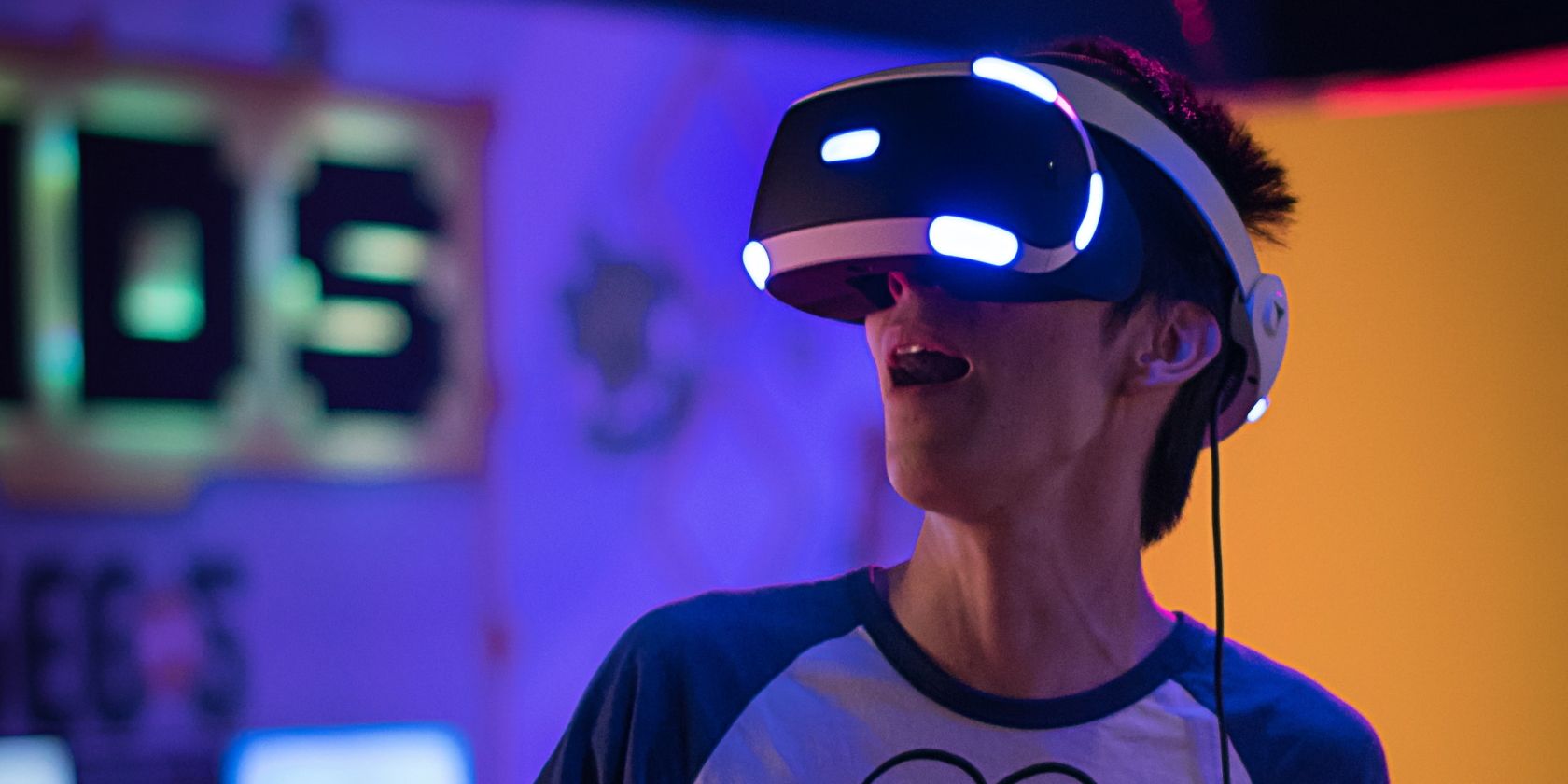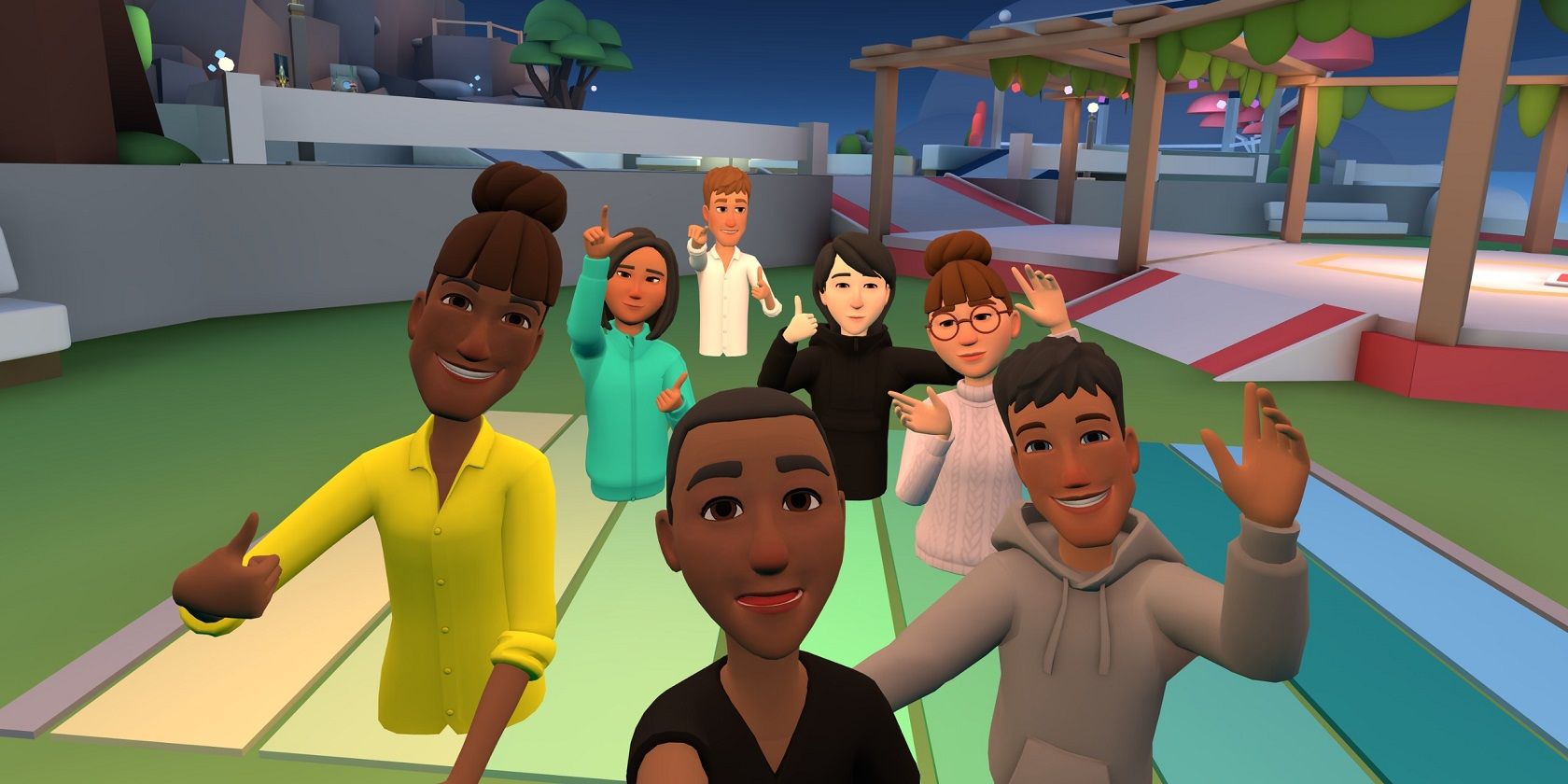The concept of the metaverse has become increasingly popular. But as foreign as this emerging tech may seem, it'll probably not feel as alien as you might think.
Why? Because much of the groundwork for the metaverse has already been laid in the online world. While the virtual reality environments and hardware still need to be refined, others aspects already exist in digital culture.
In this article, we will explore five ways society has been heading towards the metaverse and some theories about how it all might unfold...
1. Digital Identities and Avatars
In the metaverse, people have the freedom to represent themselves however they want to. Outfits, body shape, gender, skin color, and facial features are all customizable.
And while this level of control is currently mostly available for video game characters, there are also many digital avatars and digitization features available for people to use on other platforms such as social media.
Given the right tools and skills, people can easily manipulate their social media presence to reflect themselves however they want to. We already do this to a certain degree using Photoshop, Lightroom, Snapchat filters, AI emojis, and more. The metaverse will simply extend this further.
Also, if you didn't already know, there are carefully curated virtual influencers on Instagram like Miquela and Bermuda who hold a massive fan following. Despite it being obvious that they aren't real, these CGI characters are still able to influence millions of people's buying decisions and lifestyles.
If you look hard enough, you can still spot their virtual nature. But as this tech gets better, they will begin to appear just like real humans to the point of being indistinguishable.
And in a digital space, it might very well be impossible to tell real from fake even after close inspection. This means you may never truly know if someone you met in the metaverse was a real person or not.
2. E-Commerce
A lot of what we buy and sell today are digital products i.e. intangible items that exist in a digital form. Think movies, music, e-books, video games, in-game items, software, online courses, artwork, and of course, NFTs.
The metaverse will be the next step in the evolution of such digital products.
For instance, instead of watching your favorite movie on a flat screen, the metaverse will allow you to immerse yourself inside the story via its 360° VR experience.
Artists can design vast landscapes, architects can create luxurious homes, and developers can make breathtaking games—all available for purchase.
3. Digital Relationships
It has never been easier to find new people and make friends online. No matter what you are into—gaming, art, poetry, or pottery—there are communities and people online that share your interests. Heck, we got so good at this that we made dating apps to find compatible partners. And whether you like it or not, online dating is here to stay.
The same way the internet reduced the barrier of distance decades ago, the metaverse will reduce the barrier of displays. You will be able to hang out with your long-distance friends and partner as if in real life, no matter if they are in a different country or on a different continent.
However, a scary consequence of such a world is that it'll be a goldmine for advertisers and a potential nightmare for users. Think of all the data that advertisers can collect.
Things like your speech, facial expressions, and sentiment can be used to create grossly personalized and prying ads.
4. Digital Education
The COVID-19 pandemic led to an explosion in remote education. Billions of people around the world relied on tools like Zoom and Google Classroom to study, teach, and collaborate. We also saw a spike in the creation and consumption of online courses.
All of this showed us the potential of digital education and why a classroom doesn't have to be confined to four walls. And we also discovered new ways to simulate in-person meetings and lessons while staying remote.
The metaverse will add to this idea. It'll help visualize lessons and chapters via interactive 360-degree animations. This hands-on approach can make learning not just fun but also very efficient. The potential here is massive.
Doctors, engineers, and physicists can work together with artists to create courses and sessions that can break down even the most nuanced topics into bite-sized pieces. This fusion of entertainment and education can make tricky concepts easier to understand and more memorable.
Imagine a class of high-schoolers learning about Mars while standing on the surface of the planet.
5. Online Shopping
The same way most millennials prefer to shop online rather than going to a physical store, it's likely that VR shopping will come just as naturally to members of Gen Z.
But there are already a number of augmented reality apps out there that improve the shopping experience. The metaverse will likely build on these foundations to make them more immersive.
The goal here is simple: combine the benefits of offline and online shopping. So for instance, in the metaverse, you should be able to try out an outfit to see if it's a good fit for you—just like in real life—but you should also have 24/7 service and not have to deal with crowds.
Again, the potential here is amazing, but frankly, what we've seen so far is downright embarrassing.
The video below shows how Walmart is envisioning the shopping experience in the metaverse. And right off the bat, the idea doesn't look very enticing.
The great thing about a virtual supermarket is that it doesn't need to look like a real supermarket. In the video above, the shopping experience is still very poor: it's time-consuming, inconvenient, and boring.
Imagine having to fumble to put back a milk carton properly without dropping it on the floor. That sort of inconvenience in a VR world just doesn't make sense.
If anything, shopping in the metaverse can be as quick as a voice command or as thrilling as a rollercoaster ride.
Building the Metaverse Will Be a Big Challenge
No one knows for sure how the metaverse will come into being. There are too many ideas floating around; some good, some bad, and some terrible.
The only thing that we know for certain is that building the metaverse will require a lot of trial and error.


